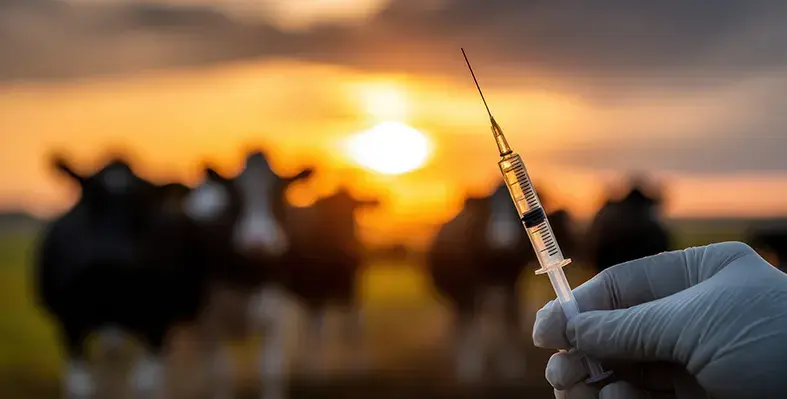The Livestock Productivity and Resilience Support (L-PRES) Project, supported by the World Bank, is stepping up efforts to reduce the impact of livestock diseases in Taraba State
The initiative aims to support local farmers raising cattle, sheep, goats, and poultry by building stronger disease prevention and control systems.
At a recent training session held in Jalingo for veterinary officers and animal health technologists, Hananiah Albert, the State Project Coordinator, explained that the project focuses on early disease detection, quicker reporting, and coordinated response.
“Livestock diseases such as Anthrax, Contagious Bovine Pleuropneumonia (CBPP), Hemorrhagic Septicemia, and African Swine Fever continue to disrupt production and trade in Taraba, significantly affecting farmers’ livelihoods and threatening food security,” Albert said.
He pointed out that delays in identifying outbreaks and gaps in communication between field officers make the situation worse.
His words: “What makes these outbreaks more devastating is the delay in detection and the gaps in reporting and coordination among field officers and response systems. This is why L-PRES is working to build a collaborative platform where all stakeholders can work together for effective surveillance and control.”
Albert added that L-PRES is not only focused on controlling diseases but also on strengthening Nigeria’s emergency response and making livestock farming more commercially viable.
Speaking at the event, Taraba State’s Commissioner for Agriculture and Food Security, Nicholas Namessan, affirmed the government’s support for the programme. He stressed the need for partnerships between the public and private sectors.
“Disease control should not be left to the government alone. We need continued collaboration with private animal health professionals, community leaders, and farmers to build a more resilient and productive livestock sector,” Namessan said.





